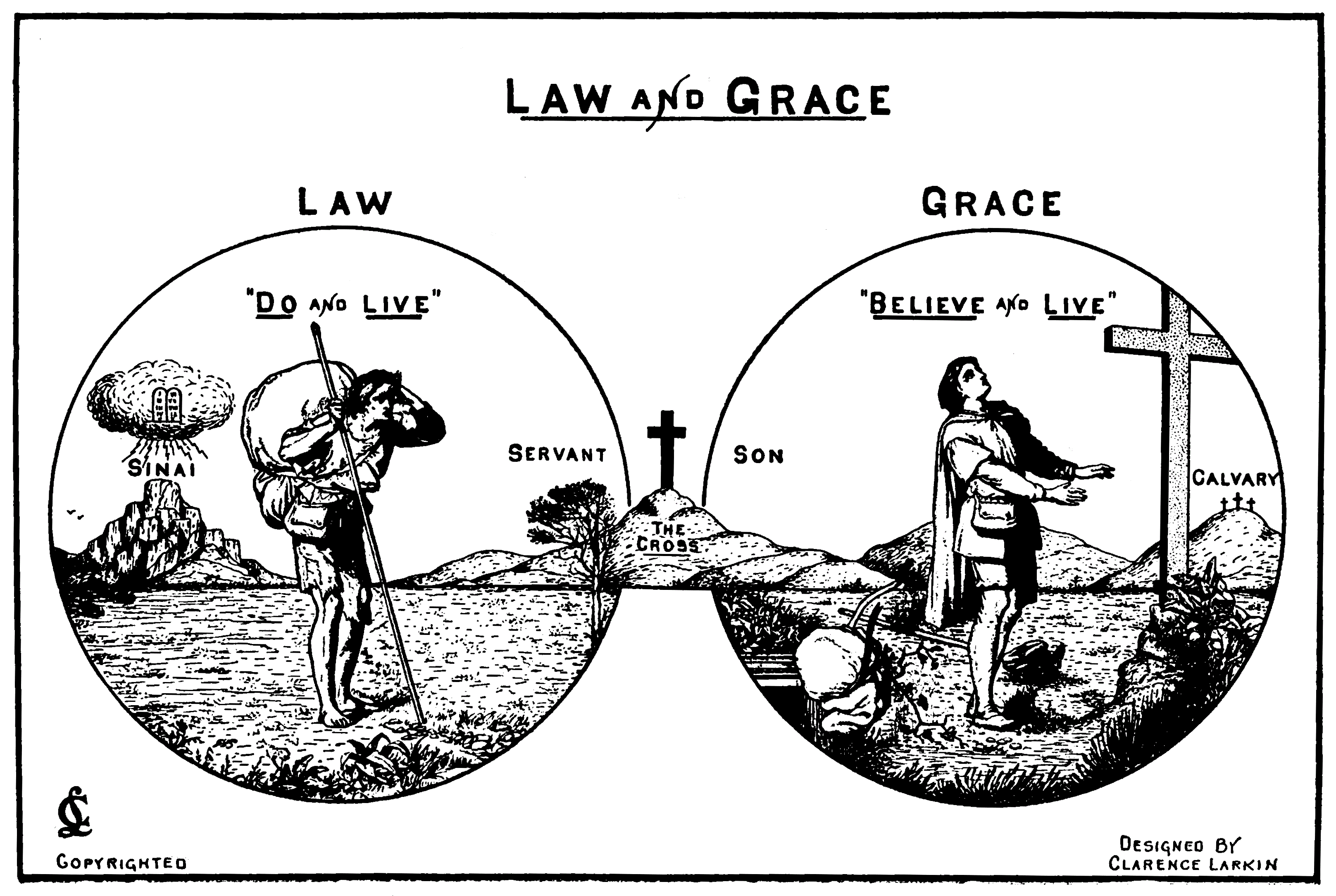When I first started attending a United Pentecostal Church, I “did my research” to find out if they were right. I looked up the verses they gave me to look up, and they’d accurately quoted them. I did NOT read the surrounding verses or consider the Bible as a whole, however, so I didn’t know they were sometimes taken out of context or twisted to fit their desires. I also searched Bible dictionaries and commentaries for the specific words the UPC used… and thought “Wow, even other churches’ commentaries say the UPC is right, even though they don’t follow it’s teaching!” BUT I never checked to see why those other churches did NOT teach like UPC or why they decided to teach what they did.
I run into the same issues today. I and others too often call something “research” when really what we’re doing is trying to find backing for the thing we WANT to believe, rather than looking for the truth in a matter. We want to be right. We want what we now believe to be right. And we’re willing to go to great lengths to silence opposing opinions, when really if we’re seeking truth, we should be doing the real research of studying out those opposing opinions and why people hold them, and comparing them to our own opinions and our reasons for them.
Cults love to “stack” false teachings by using our desire to justify our opinions and be right with a misconception of what study and research really mean. They’ll use obscure sources (or their own publications) to “prove” that what they’re saying is right, without giving consideration to any other perspective. Others “don’t have the truth” or are “lost”. They don’t have the great “revelations” that we’ve now been presented with [and had better accept or we’ll also be lost]. And so begins the stacking process. Then they do this, for example:
1) there is one God. (of course there is)
2) His name is Jesus. (wait, that’s not quite… but they have plenty of verses and we want to understand, and the verses are in the Bible, so…)
3) And every believer should be baptized in Jesus’ name (I was already baptized. Oh, but that’s not how you should REALLY be baptized. But maybe you don’t have this revelation. But if the Father, Son and Holy Ghost is Jesus, then I HAVE been baptized into Christ. No, not the same. The right words weren’t said. But don’t worry about that right now. Just keep coming and you’ll see…)
And after awhile, a person accepts the teaching as true. And because it’s preached often, even to a room full of people who already believe it, it’s reinforced and reemphasized until it becomes fact in their minds.
When I first started attending a UPC, on several occasions I was told not to ask certain questions or think about certain things yet, because they didn’t want to “confuse” me. The truth of the matter was that if I’d considered them at that point, before they’d finished stacking their false teachings in my mind, I WOULD have seen. I would have seen that what they wanted me to believe wasn’t all Truth at all. If I’d known how to research, how to really study rather than just trying to prove my own point or verify theirs, then I would have grown.
It’s easy to prove a point. There’s always someone, somewhere, who will agree that you can use to back your point. But it’s harder to take years of various opinions and consider and weigh all of them. It’s much harder to read about why people disagree with something you want to believe – to read respectfully, without constantly thinking what they’re saying is all wrong, but actually considering their words. It’s hard, but it’s healthy. And often it’s the only way to untangle unhealthy religious teachings at all.




